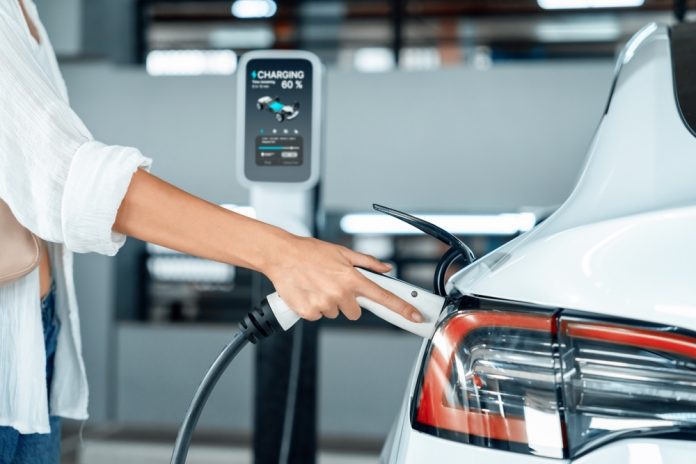EV sales rose by 3.8% in March, defying concerns of an “EV slowdown.” Hyundai and Ford notably saw increased EV registrations, countering Tesla’s 12% decline in March and a drop in market share from 61.5% to 52.4% compared to a year ago.
The EV segment’s overall market share grew from 6.8% to 7.1%, with 264,268 EV registrations in Q1, up 5.2% from last year. Ford recorded triple-digit growth and became the second-largest EV seller, selling 20,223 electric vehicles in Q1, including the popular Mustang Mach-E SUV and F-150 Lightning pickup.
Hyundai doubled its EV registrations in March and set new sales records with models like the IONIQ 5, IONIQ 6, and Kona Electric. Kia, BMW, and Mercedes-Benz also saw notable increases in EV registrations.
Meanwhile, Rivian maintained its position with flat March registrations but a 30% increase in Q1. Conversely, Chevy experienced a 66% drop in registrations due to the end of Bolt EV production, while other brands like Toyota, Lexus, Subaru, Fisker, VinFast, and Lucid had registrations below 1,000 units.
Despite Tesla’s decline, the EV market’s overall growth signals ongoing consumer interest and market expansion. Introducing new models and increasing competition among automakers will shape the EV landscape in the coming months, highlighting the industry’s dynamic nature.







